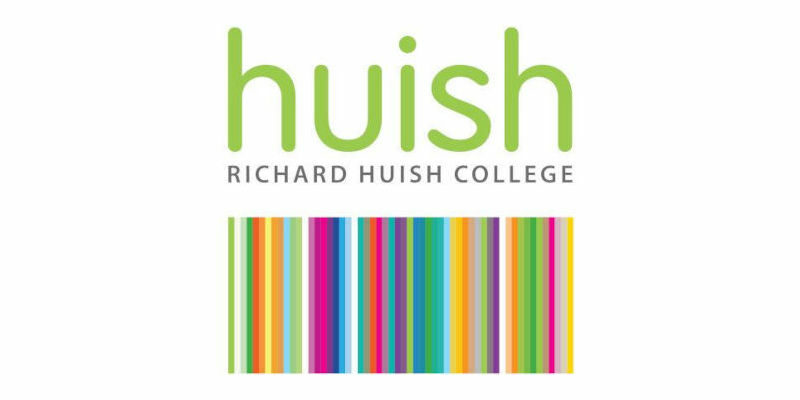For a fifteenth year, first-year Environmental Science students from Richard Huish College supported Somerset Wildlife Trust to cut down many trees with an aim of preventing carbon pollution. Over three mornings, students from Huish visited Westhay Moor to learn about the marsh habitat and volunteer their skills.
The concept of destroying a forest to reduce carbon may seem odd, but students were educated on the science that supports such action.
They were guided by a member of Somerset Wildlife Trust who gave them a tour of the area and explained in detail about the wildlife and plant species present, a range of environmental management strategies in place, and the importance of the peat bogs. The mire/bog habitat is extremely rare and supports some of the UK’s rarest species of birds, insects, and plants, such as the carnivorous sundew plant.
Only 3% of the global land surface is peatlands, yet, they are the largest natural terrestrial store of carbon. The Somerset nature reserve stores several thousand years’ worth of carbon within its peat bogs and if they were to dry out, they would decompose and release carbon into the atmosphere. Unfortunately, 80% of UK peatlands are damaged, and if 5% more were lost, the amount of carbon released would equate to the total annual UK man-made greenhouse gas emissions. Somerset Wildlife Trust is working to restore the landscape and protect the bog, one way is by removing trees to allow sphagnum moss to thrive.
This moss plays a vital role in creating and maintaining the peat bogs; able to store up to 8 times its weight in water, it keeps the ground moist long after surrounding soils dry out.
Mark Blake from Somerset Wildlife Trust discussed a range of management strategies they use, such as grazing schemes, before getting the students involved in some tree removal. The students were given a safety demo of how to use their hand tools and got to work piling up trees ready for the rangers to collect and clear the area.
Mark shared “It is really nice to have had the continuation with Richard Huish College and give them a bit of ownership of that area. I don’t think the students realise how important the work they do for us is, they may just think it’s a few trees but in their numbers, over 15 years, that’s a lot of work that’s happened.
“Earlier this year a former student that did this trip at Huish and is now at university returned to do her work placement and I really like that. These students are potentially the next guardians of the landscape so anything we can do to inspire them is fantastic!
I was quite excited that we have the start of a new bog and that has got a huge part to do with Huish because 15 years of clearing that area and helping to restore it has made a huge difference.
I hope it continues as well, and even as we restore these habitats, there will be new areas we will work on and different things so hopefully, we can continue this and even expand it by including the EcoAction group at Huish“.
The Huish EcoAction group is part of the College’s EnRICH programme that allows students of all courses to get involved in activities outside of their curriculum to support their community, progression, wellbeing, and development of life skills. The EcoAction group is full of like-minded individuals who work together to improve the environmental impact of the College.
To find out more about Environmental Science and EnRICH opportunities at Huish you can register for their Open Event on Wednesday 19th April at https://www.huish.ac.uk/event/open-event/, or apply now for September 2023 at https://www.huish.ac.uk/apply-here/.

